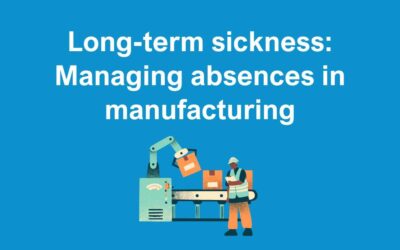A generation of young employees have started their careers at home or through a hybrid system. Whether that be in a shared flat or an isolated space, budding professionals could be missing out on the benefits of the office environment. When starting out, experienced colleagues nearby can help with any early problems, keep you on the right track and build important working relationships for the future. As a substitute, young people need to be closely monitored while their settling in, through regular check-ups and zoom meetings. This ensures they don’t feel forgotten about and remain an important part of the team.
Not restricted to first time young workers, statistics show that 44% of 18–24-year-olds are looking forward to returning to the workplace, compared to 19% for over 25’s. The 18-24 age bracket is a transitioning period, dealing with lots of life changes and uncertainty, shown by more than half of the 800,000 jobs lost during COVID, were being held by under 25’s. This predicament can worsen the effects of loneliness and isolation caused by home working, whereas well-established older workers may feel more secure working from home. They might feel they have less to prove, are familiar with how the business operates and know colleagues well, in which case home working is beneficial in these times.
Without the excitement and anticipation of working in a social office, young people can feel less motivated to work in a team. Many businesses rely on the energy and innovation offered by young workers, in order to grow. These thrive when working shoulder to shoulder, collaborating in-person and learning key habits from being around older workers. To avoid missing out on the potential of young workers, managers can specify at least 1 mandatory office day a week or rent out office space from time to time. This could be the solution young workers might need to motivate them.
Bosses need to recognise different needs for different people, and it can be difficult for young workers at home to speak up and get help when they need it. Some workers can be left to their own devices and feel at ease when voicing their concerns. However, young workers having skipped a settling in period in these circumstances, may go unnoticed with their concerns and struggle in silence. Every worker needs empathy and compassion regardless of how it seems – don’t assume someone is fine, ask first! While maintaining professional standards, individual solutions can be achieved, and young workers can settle in properly.
With all this in mind, young people can be adversely affected by home-working if managers don’t have faith in them! Despite lack of experience, by allowing a degree of autonomy in the duties they carry out, young workers can express themselves at home without fear of failure. If they’ve allowed to work at home – trust them to work at home!
Feel free to contact us for any queries on issues surrounding younger employees working from home!







